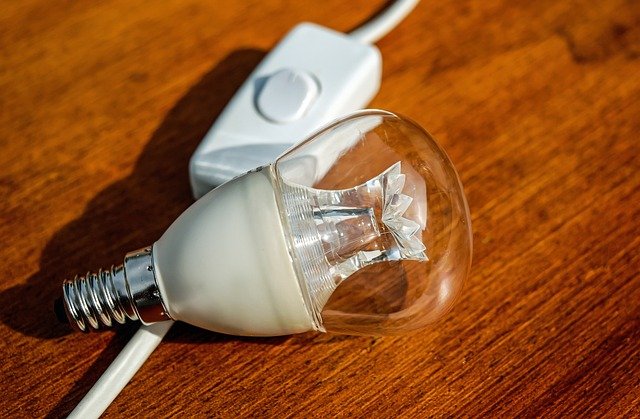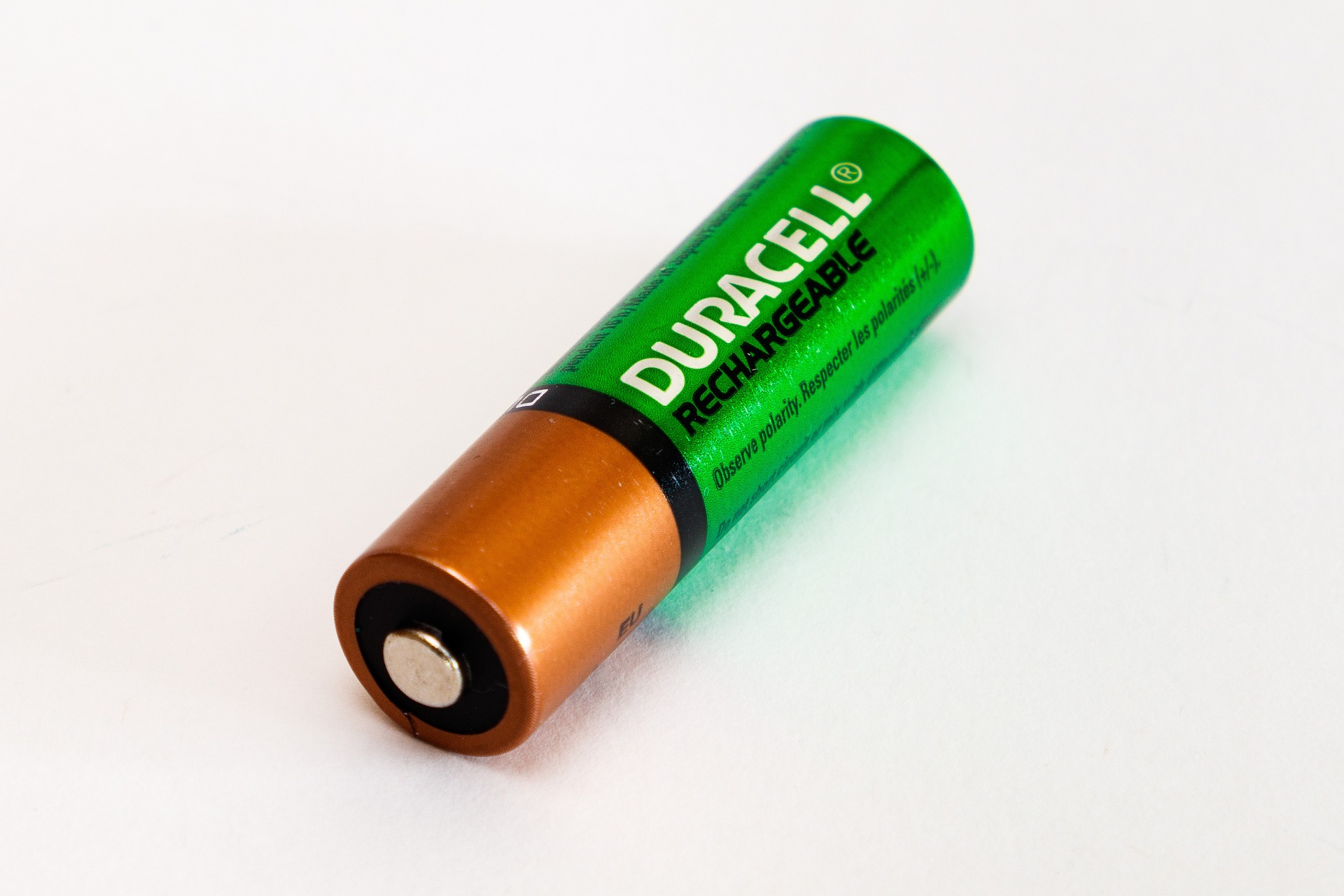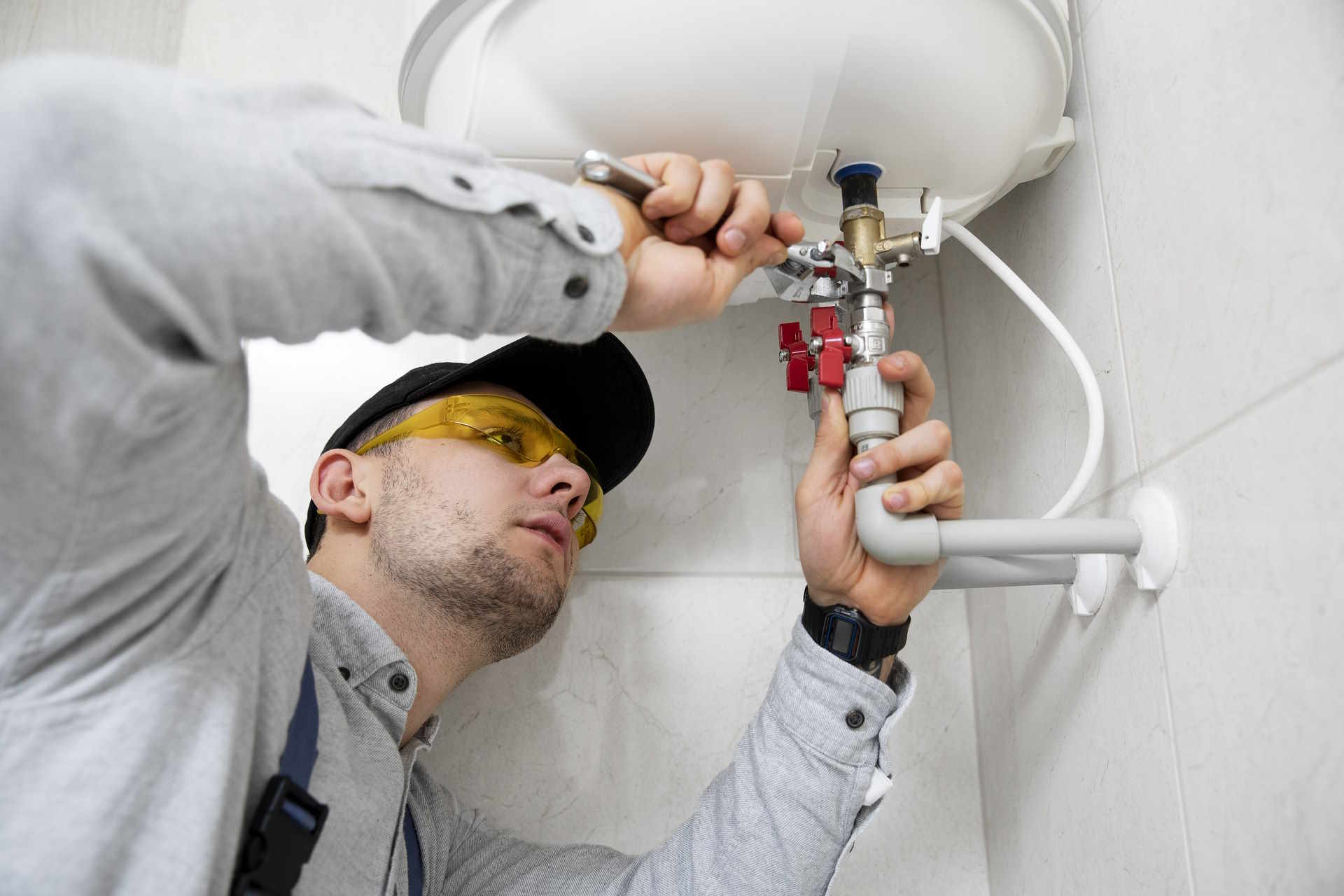Understanding Electricity: A Comprehensive Guide
Electricity is a fundamental part of modern life, powering our homes, businesses, and countless devices. This guide will explore the basics of electricity, its production, distribution, and how you can manage your energy consumption effectively. We'll also delve into ways to reduce your electricity bill and implement smart home energy solutions for a more efficient household.

What is electricity and how is it generated?
Electricity is a form of energy resulting from the movement of charged particles, typically electrons. It’s generated through various methods, including:
-
Fossil fuels: Coal, natural gas, and oil are burned to produce heat, which generates steam to drive turbines connected to generators.
-
Renewable sources: Solar panels, wind turbines, and hydroelectric dams convert natural resources into electrical energy.
-
Nuclear power: Nuclear fission reactions produce heat, which is used to generate steam and drive turbines.
-
Geothermal energy: Heat from the Earth’s core is harnessed to produce electricity.
Understanding how electricity is generated can help you make informed decisions about your energy consumption and choose providers that align with your values.
How does electricity reach our homes?
Once electricity is generated, it travels through a complex network of power lines and transformers before reaching our homes:
-
Transmission lines: High-voltage lines carry electricity over long distances from power plants to substations.
-
Substations: These facilities step down the voltage for local distribution.
-
Distribution lines: Lower-voltage lines carry electricity to neighborhoods and individual buildings.
-
Transformers: These devices further reduce the voltage to a level suitable for household use.
-
Service drop: The final connection from the power line to your home.
This intricate system ensures that electricity is delivered safely and efficiently to consumers across the country.
What factors influence electricity prices?
Several factors contribute to the cost of electricity:
-
Fuel costs: The price of coal, natural gas, or other energy sources used in generation.
-
Infrastructure maintenance: Costs associated with maintaining and upgrading the power grid.
-
Demand: Higher demand during peak hours can lead to increased prices.
-
Weather conditions: Extreme weather can affect both supply and demand.
-
Government regulations: Policies and taxes can impact electricity prices.
-
Market competition: In areas with multiple providers, competition can influence pricing.
Understanding these factors can help you make sense of your electricity bill and anticipate potential price fluctuations.
How can I reduce my electricity bill?
Implementing energy-efficient practices can significantly lower your electricity costs:
-
Use LED bulbs: Replace traditional incandescent bulbs with energy-efficient LED alternatives.
-
Upgrade appliances: Choose energy-efficient models when replacing old appliances.
-
Improve insulation: Proper insulation reduces heating and cooling costs.
-
Use smart power strips: These devices eliminate standby power consumption from electronics.
-
Adjust thermostat settings: Slight temperature adjustments can lead to substantial savings.
-
Utilize natural light: Maximize daylight to reduce reliance on artificial lighting.
By adopting these habits, you can see a noticeable reduction in your electricity bill while contributing to a more sustainable future.
What are energy-efficient home devices?
Energy-efficient home devices are designed to minimize electricity consumption without sacrificing functionality. Some popular options include:
-
Smart thermostats: These devices learn your preferences and optimize heating and cooling schedules.
-
Energy-efficient appliances: Look for appliances with ENERGY STAR certification for maximum efficiency.
-
LED lighting: These bulbs use up to 75% less energy than traditional incandescent bulbs.
-
Low-flow showerheads: These reduce hot water usage, lowering both water and energy bills.
-
Solar panels: While initially costly, they can significantly reduce long-term electricity expenses.
-
Smart power strips: These automatically cut power to devices in standby mode.
Investing in these energy-efficient devices can lead to substantial savings on your electricity bill over time.
What are smart home energy solutions?
Smart home energy solutions leverage technology to optimize energy consumption:
-
Smart meters: These devices provide real-time energy usage data to both consumers and utility companies.
-
Home energy management systems: These platforms allow you to monitor and control your energy usage from a smartphone or computer.
-
Automated lighting systems: Motion sensors and scheduling features ensure lights are only on when needed.
-
Smart plugs: These devices allow you to control and monitor the energy usage of individual appliances.
-
Energy monitoring apps: These applications provide insights into your energy consumption patterns and offer tips for improvement.
-
Demand response programs: Some utility companies offer incentives for reducing energy usage during peak demand periods.
| Smart Home Solution | Provider | Key Features | Cost Estimation |
|---|---|---|---|
| Smart Thermostat | Nest | Learning capability, remote control | £199 - £279 |
| Smart Meter | British Gas | Real-time energy monitoring | Free (via energy supplier) |
| Smart Plug | TP-Link | Energy monitoring, scheduling | £20 - £30 per plug |
| Solar Panel System | EDF Energy | Clean energy generation, potential for selling excess power | £4,000 - £6,000 for a 3kW system |
Prices, rates, or cost estimates mentioned in this article are based on the latest available information but may change over time. Independent research is advised before making financial decisions.
Implementing these smart home energy solutions can lead to more efficient energy use and lower electricity bills. By combining energy-efficient devices with smart home technology, you can create a comprehensive strategy for managing your household’s energy consumption.
In conclusion, understanding electricity and implementing energy-saving strategies can significantly impact your household’s energy consumption and costs. By adopting energy-efficient practices, investing in smart home solutions, and staying informed about your energy usage, you can reduce your electricity bill while contributing to a more sustainable future.




